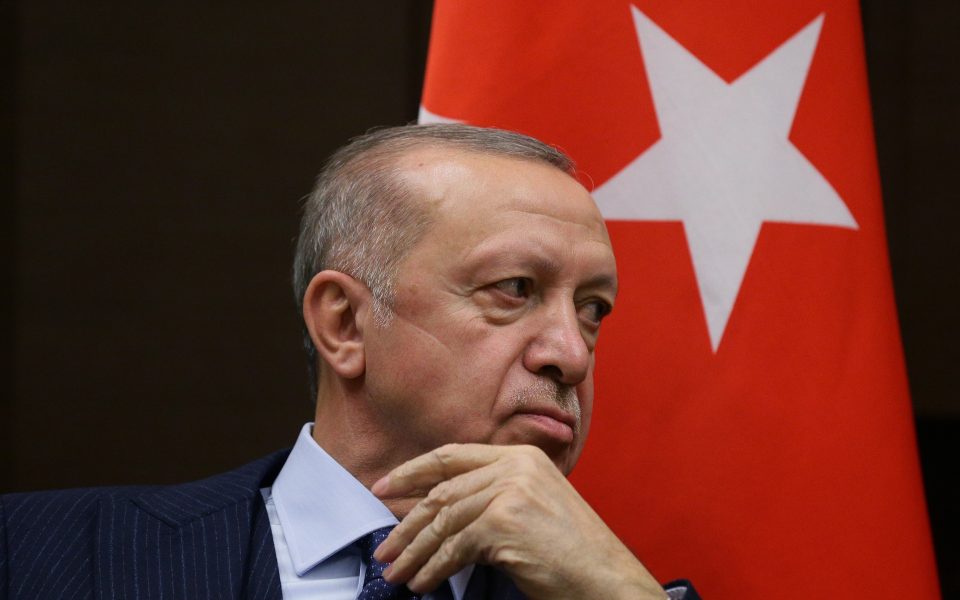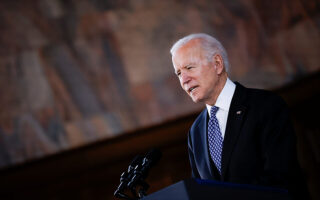Dealing with Turkey’s aggressive behavior

It has been repeatedly pointed out that we should not personalize Turkish aggression because President Recep Tayyip Erdogan’s attitude toward Greece goes beyond his abrasive authoritarian style. It is an approach in essence shared by most of our neighbor’s political forces, not just the extreme nationalists.
Just a few days ago, the leader of the CHP, Turkey’s biggest opposition party, Kemal Kilicdaroglu, who could succeed Erdogan – if he is a candidate and wins the next presidential election – urged Erdogan to “increase the pressure in the Mediterranean and the Aegean,” and even advised: “If you have the heart for it, take the step on the occupied and armed islands. We will support you.”
There is nothing partisan or ideological about Erdogan’s revisionist strategy; it is espoused across party lines, with the exception of the pro-Kurdish HDP party and a handful of serious politicians individually.
This is the reality Greece is facing. The question is, what are we doing about it?
We will continue, obviously, to invest in our partnerships and alliances. It is evident that the reactions of important international players, from the US to the EU (we had a very scathing report earlier this week on Turkey in the EU Parliament), and major European countries like Germany and France are not going unnoticed by Ankara – hence its response.
And Greece is also bolstering its deterrence capabilities – it’s under way, but is a process that takes time – as nobody else will be fighting any war for us, no matter how much they may support us.
Having noted all of the above, another key to managing Turkish aggression more effectively is political unity at home. Regardless of their different approaches to the issue, all the parties of the opposition ought to support a national position which, for his part, the prime minister could form with their feedback.
The government is the ultimate decision-maker, but it should not be so hard for the other parties – or at least the top three, which have experience in managing Greek-Turkish relations – to agree on some points of convergence.
No matter who is in power in Turkey, the three points of Greece’s stance are clear: steady alliances and partnerships defined by consistency and continuity; stronger deterrence capabilities; and domestic unity (the parties can bicker over taxes, pensions, healthcare and inflation, but not Turkey).
Lastly, a word of caution. Greece’s attitude needs to remain calm and levelheaded, without forced moves and grandstanding, as some hotheads would like.





